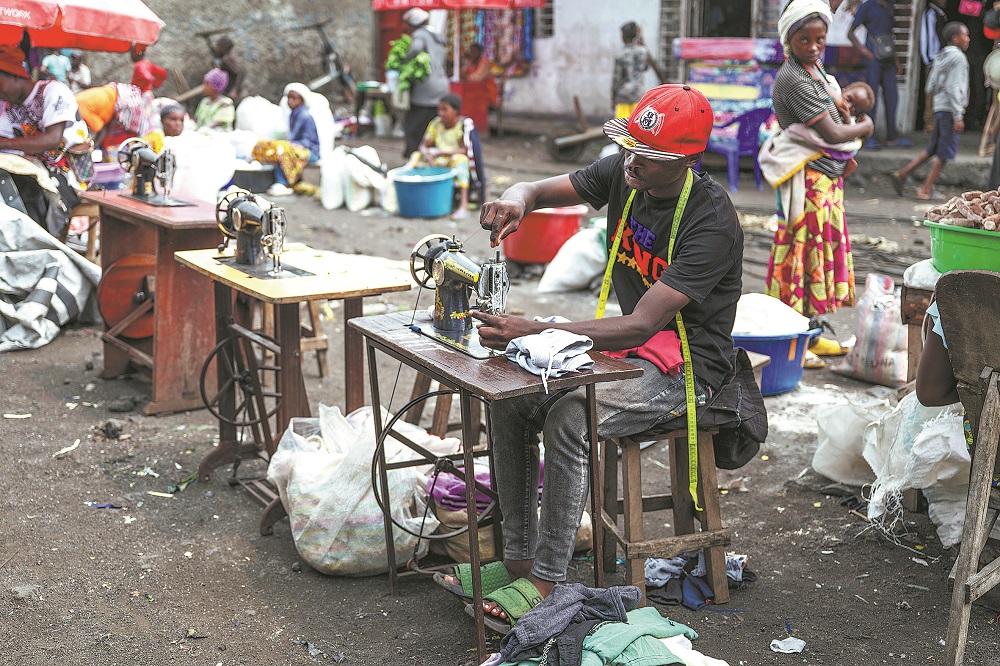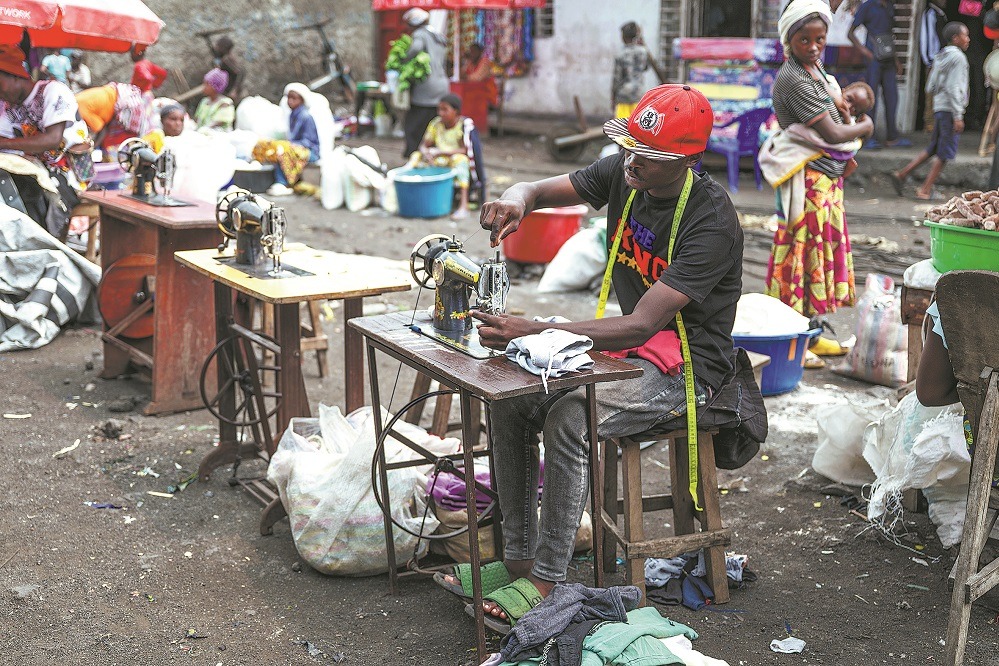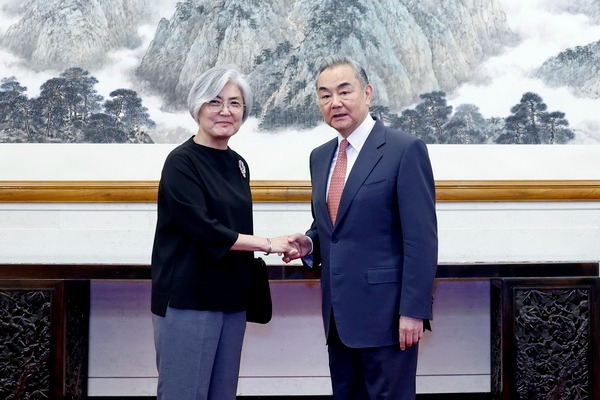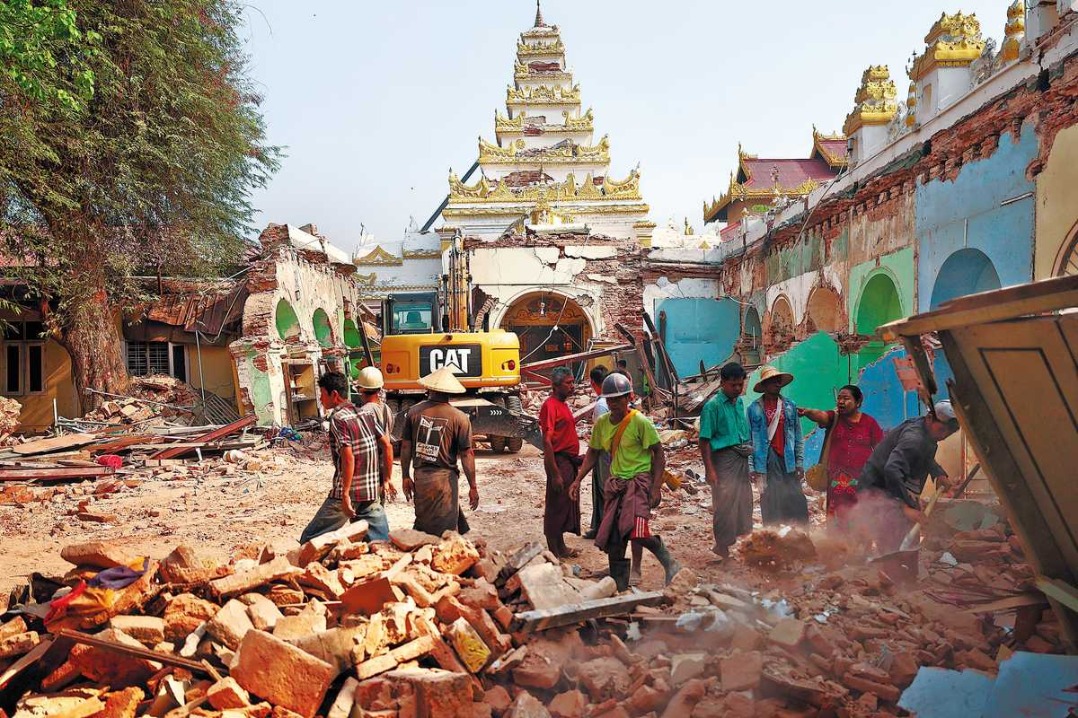Life hangs precariously for residents of battle-scarred DR Congo town


SAKE, DR Congo — In the war-scarred hills of the eastern Democratic Republic of the Congo, the town of Sake bears the jagged outlines of conflict and endurance.
Once a quiet transit hub just 27 kilometers west of Goma, the capital of North Kivu Province, Sake has become both a symbol of eastern Congo's unraveling and a strategic foothold in the resurgence of the March 23 Movement, or M23, rebel group.
Earlier this year, M23 rebels swept through the area, seizing control after fierce clashes with government forces. As mortars rained down on homes and farmlands, nearly all of Sake's 130,000 residents fled eastward, abandoning their homes, fields, and memories.
Perched strategically at the junction of key roads, Sake is more than just a farming town. It serves as a rear guard for Goma and a buffer between the provincial capital and the contested territories of Masisi and Walikale. Whoever controls Sake also controls vital trade, aid and military routes.
The town's fall in late January paved the way for the rebels to capture Goma just days later and continue their push toward Bukavu, the capital of South Kivu.
When residents returned, they found no signs of peace, only remnants of war. Bullet casings littered the main roads. Though the markets have reopened, few buyers have returned.
"We don't even know if this is still our homeland," said Noella Bulambo, a local vendor arranging plantains and tangerines on a piece of cloth. "We try to sell, but people are hungry. We ask ourselves: has this place been ruined for good?"
Like most residents, Bulambo fled in early 2024 and lived in displacement camps near Goma. But in February, those camps were dismantled.
In April, Bulambo reopened her small stall in a fractured market. But her town was no longer the same.
With banks shut down, mobile payment systems disrupted, and trade routes blocked, local markets barely function. Barter has returned: charcoal for soap, maize for salt.
"People's money is locked in the bank," said a local money changer. "Without cash, people don't eat."
For Sake's residents, the war did not end when the shelling stopped, it simply went underground. Hills and roads are now littered with hidden dangers: unexploded ordnance, roaming bandits and areas marked with branches where landmines are suspected. "We no longer go to the fields," said Immaculee Bauma, a mother of 10. "There are bombs buried there."
As gunfire echoes from nearby front lines and diplomatic efforts inch forward, the fate of Sake hangs in the balance. Yet in its scorched alleys and crowded markets, where broken lives are rebuilt one day at a time, the will to endure remains unbroken.
Xinhua

































